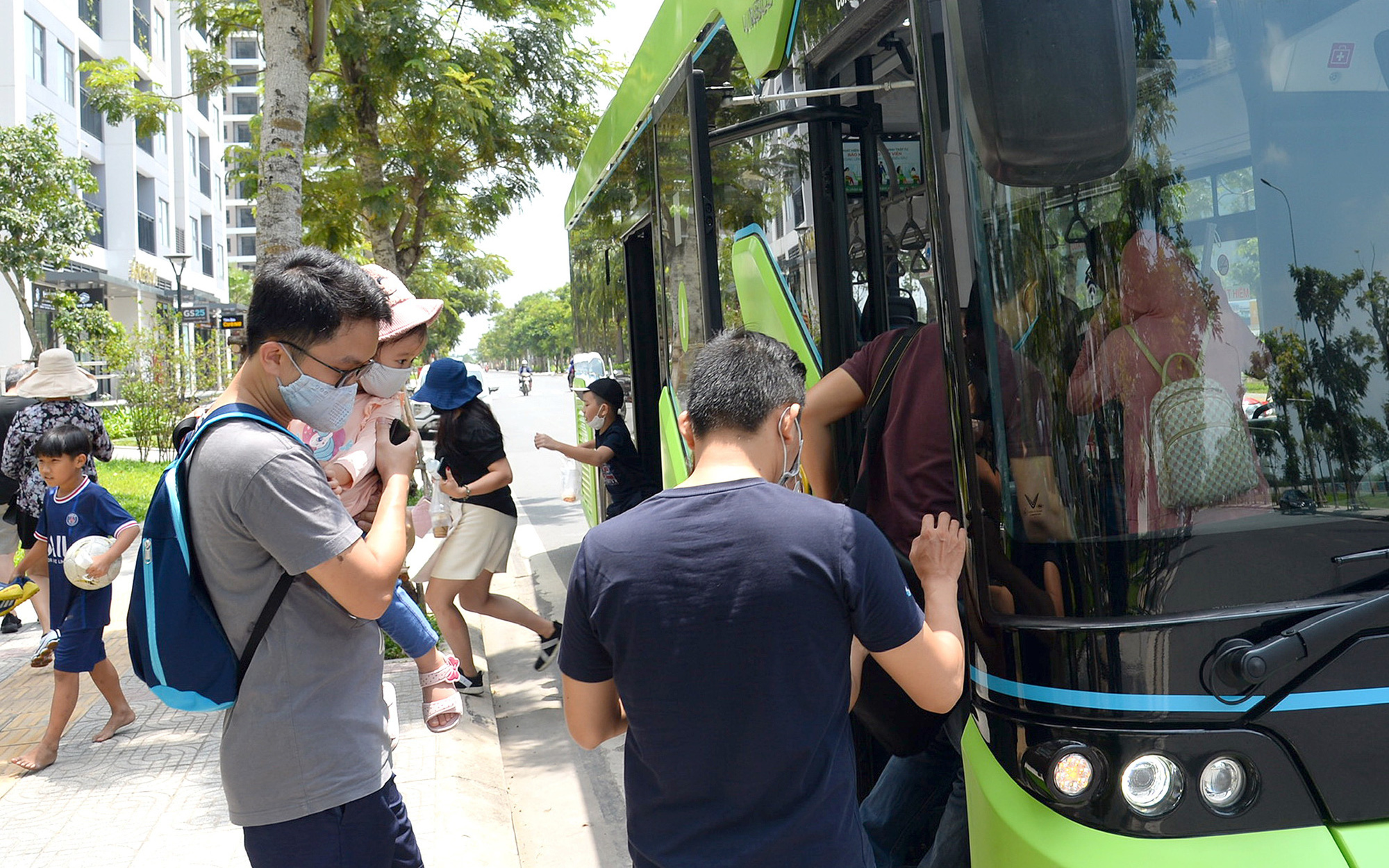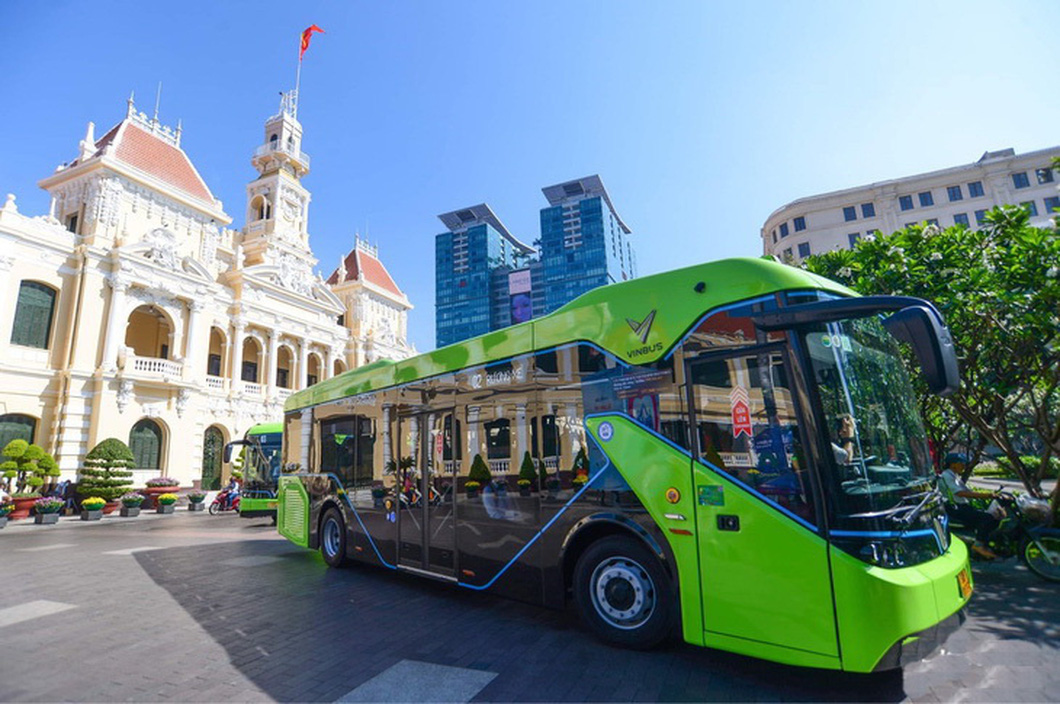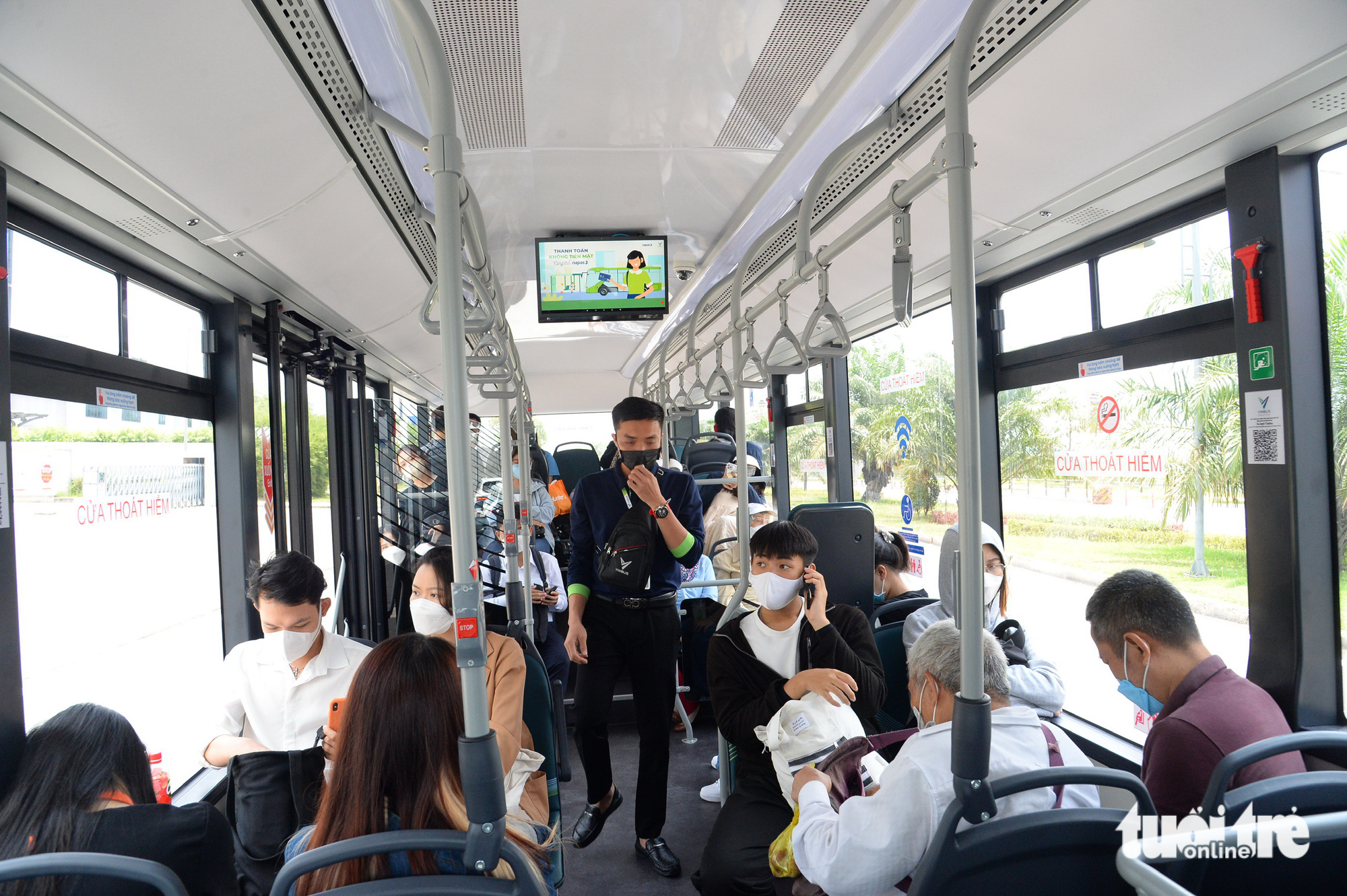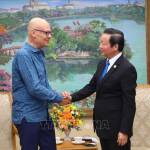
At its ongoing fifth session on Tuesday, the lawmaking National Assembly was discussing a draft resolution on pilot special mechanisms and policies for the development of the southern city.
The resolution, once approved and put into action, is expected to boost the city’s economic growth as well as make it greener and closer to or on a par with major cities in the world, said Tran Quang Lam, director of the municipal Department of Transport.
Special policies would be key to the city’s transition toward zero-emission public transport, he said.
The municipal Party Committee previously issued a resolution on development orientations for Can Gio by 2030, with an aim at developing this district into a quality resort and ecotourism hub in the region.
Located some 50 kilometers from the heart of Ho Chi Minh City, Can Gio is considered the city’s ‘green lung’ as it is home to protected forests and a rich ecosystem of mangrove forests, recognized by UNESCO as a World Biosphere Reserve.
It is a must to protect the city’s green lung by developing a green transport system in a modern manner.
The Department of Transport has proposed a road map of Can Gio achieving a 100-percent EV adoption by 2025.
Associate Professor Dr. Vu Anh Tuan, director of the Vietnamese-German Transport Research Center, under the Vietnamese-German University in Binh Duong Province, just outside Ho Chi Minh City, underlined the need to pilot EV adoption in Can Gio.
Tuan said the city’s green lung needs protection and conservation, adding that the district has great tourism potential.
With its population of 80,000 people who mostly use motorbikes for daily travel, the pilot EV adoption would help Can Gio become a low-emission area, Tuan added.

Do Ngoc Hai, head of the municipal transport department’s transport management division, told Tuoi Tre (Youth) newspaper that the prime minister last year approved an action program on transition to green energy and reduction of carbon dioxide and methane emissions.
There is a detailed road map for the transition to green vehicles in the city. Hence, special mechanisms would be key to ensuring the road map would be rolled out as planned, Hai elaborated.
Once the special mechanisms get the National Assembly’s green light, the southern metropolis will pilot using EVs in some areas, including Can Gio, Hai said.
Under this draft resolution, the municipal People’s Council would formulate policies to offer incentives to individuals, local households, cooperatives, and businesses that switch to EVs from fuel-powered vehicles.
Accordingly, the city would tap its budget to fund the switch from old vehicles to new ones using clean energy to help mitigate environmental pollution and promote the use of public transport means to ease traffic congestion.
The city would regulate specific areas where vehicles using fossil fuels are restricted and handle violators.

Associate Professor Dr. Vu Anh Tuan said that green transport has become a global trend in recent years, with the U.S., Germany, and France pledging to reduce carbon dioxide emissions by 2030 and achieve net-zero emissions by 2040.
He also cited neighboring China as an example that has promoted the EV adoption by offering incentives to EV customers.
To develop green transport, Ho Chi Minh City needs to learn from experience from other countries with high EV penetration rates and then map out a long-term plan on travel, infrastructure, EV charging stations, as well as a host of policies related to the transition to green transport, especially the introduction of EV subsidies to call on local people and businesses to join the change, Tuan said.
According to Do Ngoc Hai, the city will put together a working team in charge of developing plans to implement the resolution once it has been passed by the National Assembly.
The city at that time will propose relevant ministries and agencies issue technical standards related to the development of EV charging stations.
The rollout of EV charging points, which could be backed by private investors, will pave the way for the city to promote EV adoption, Hai said.
Hong Ngan





